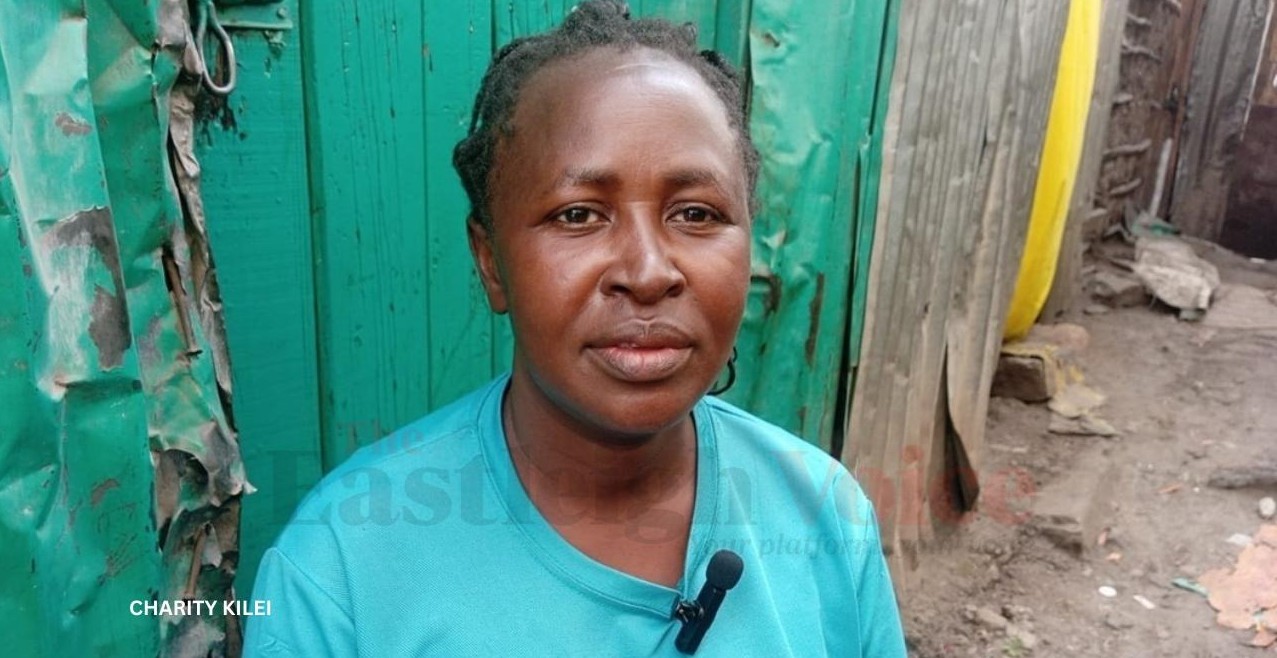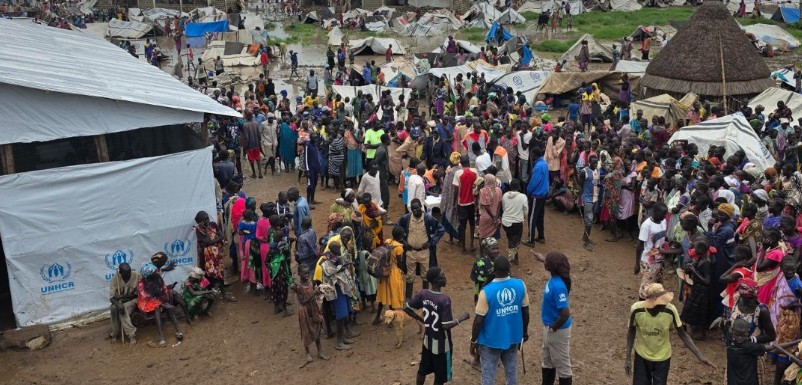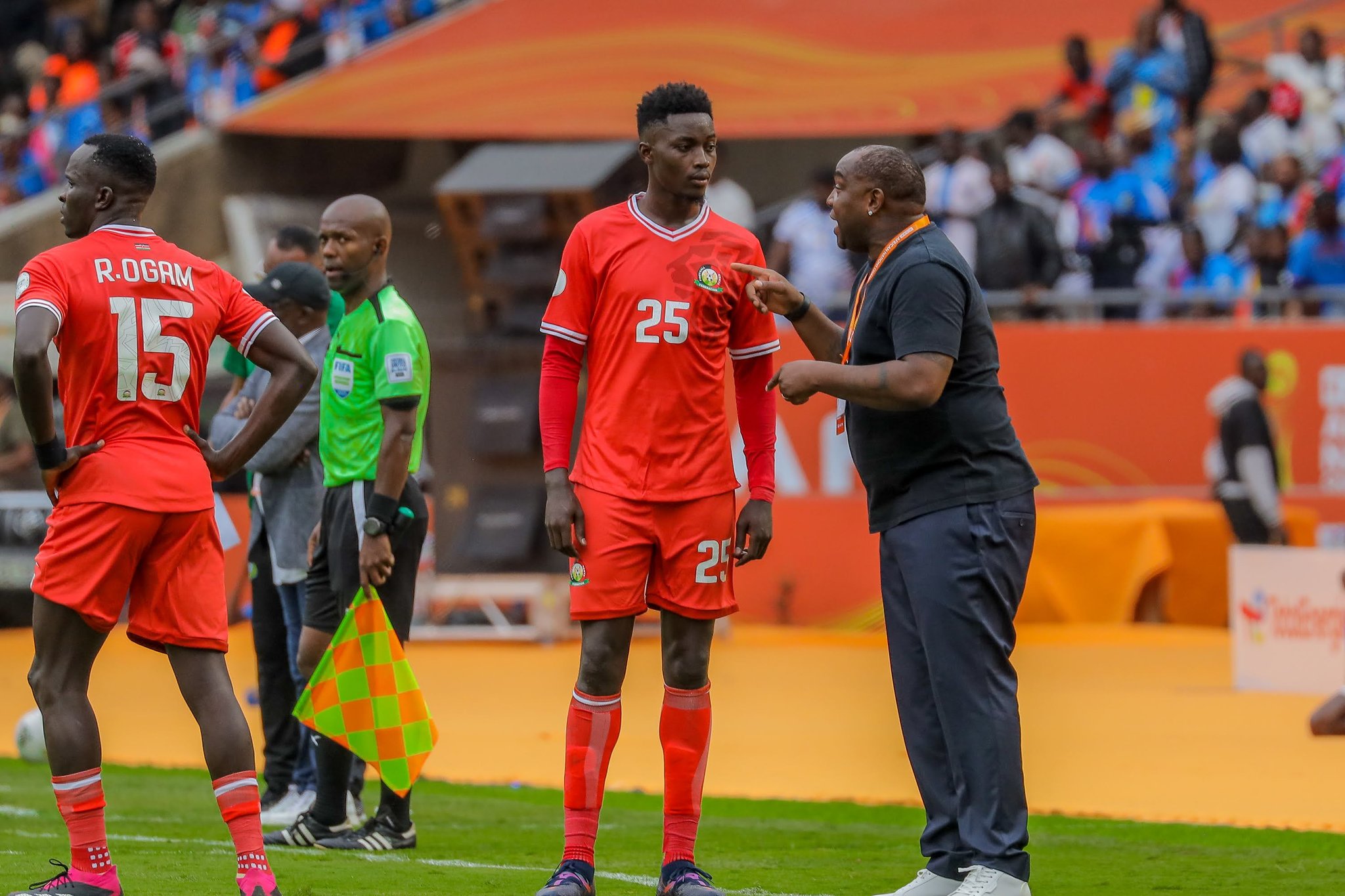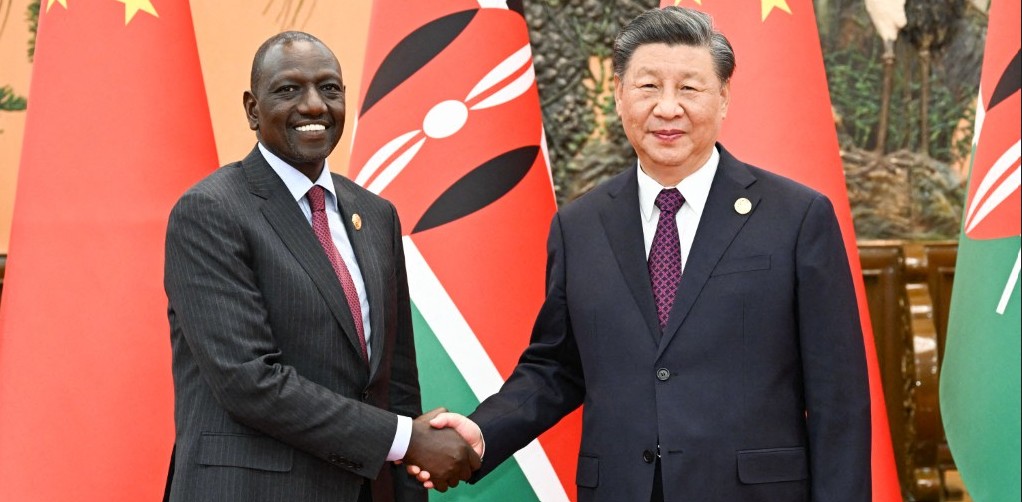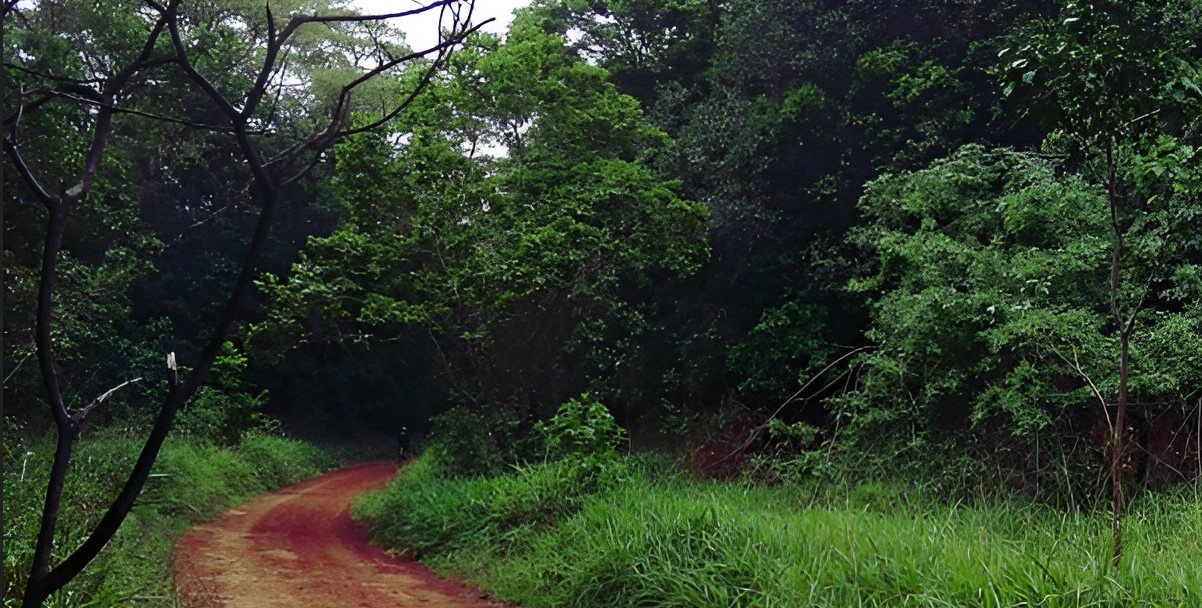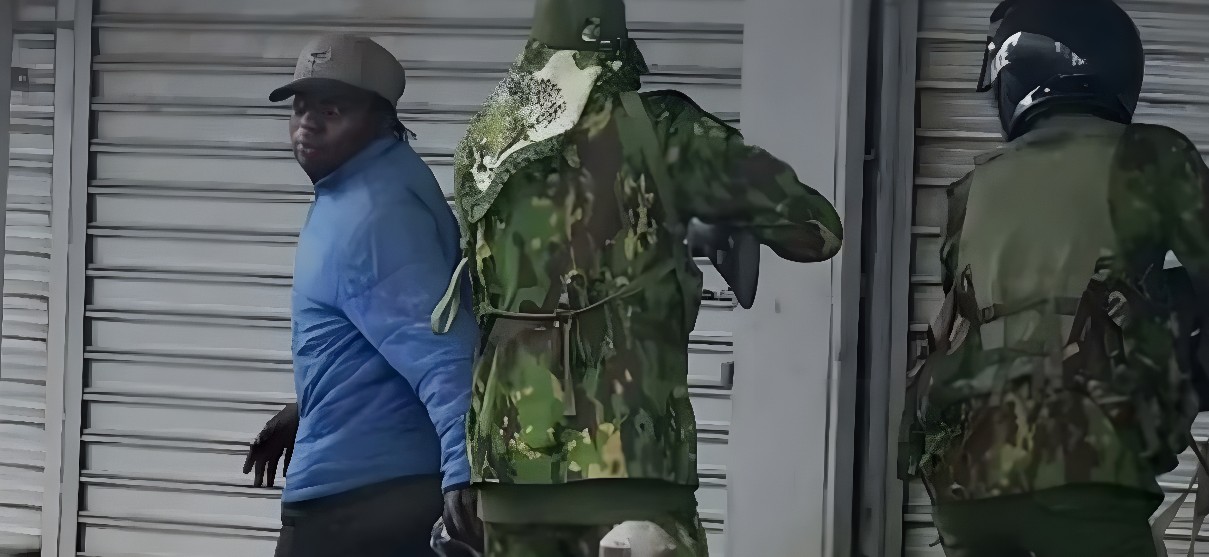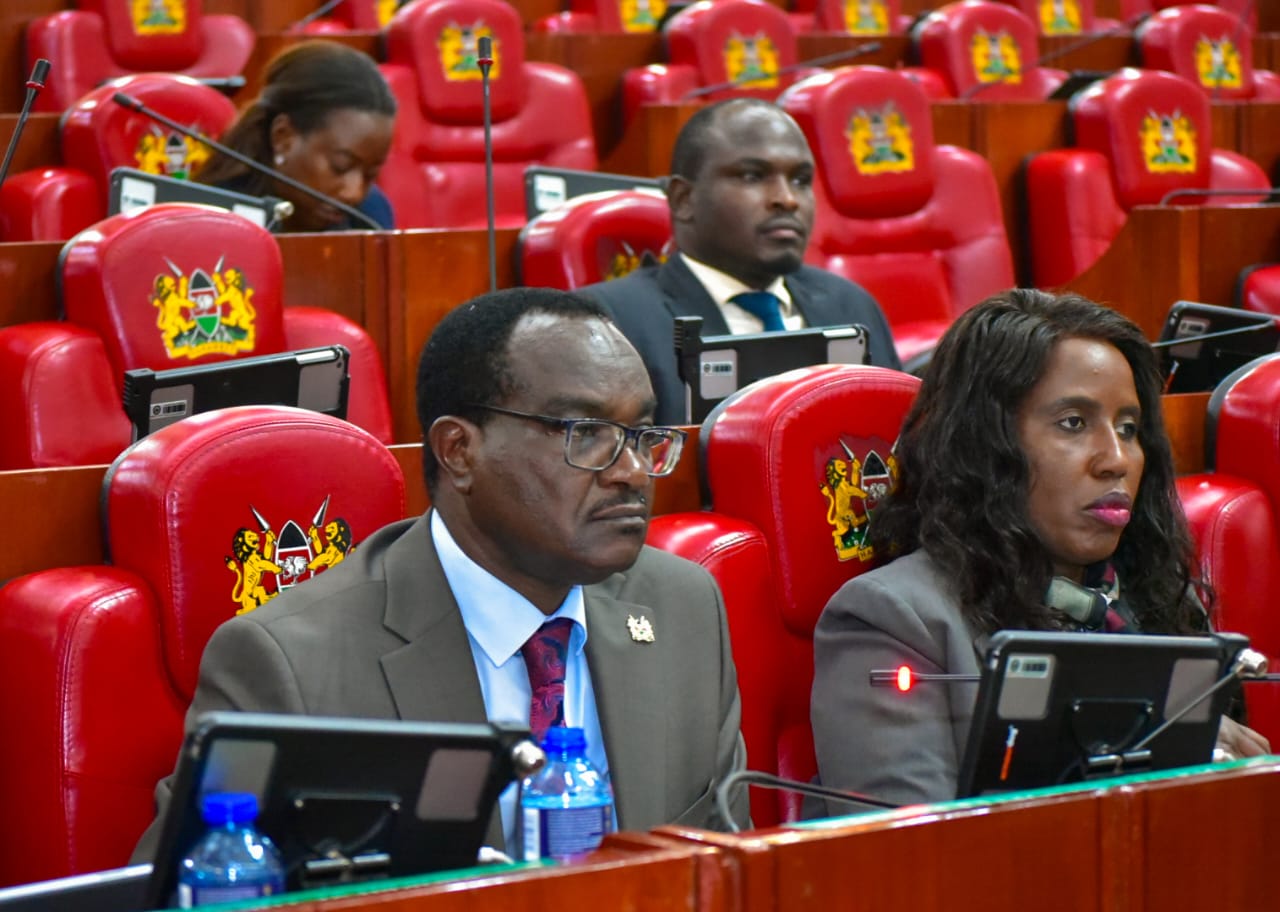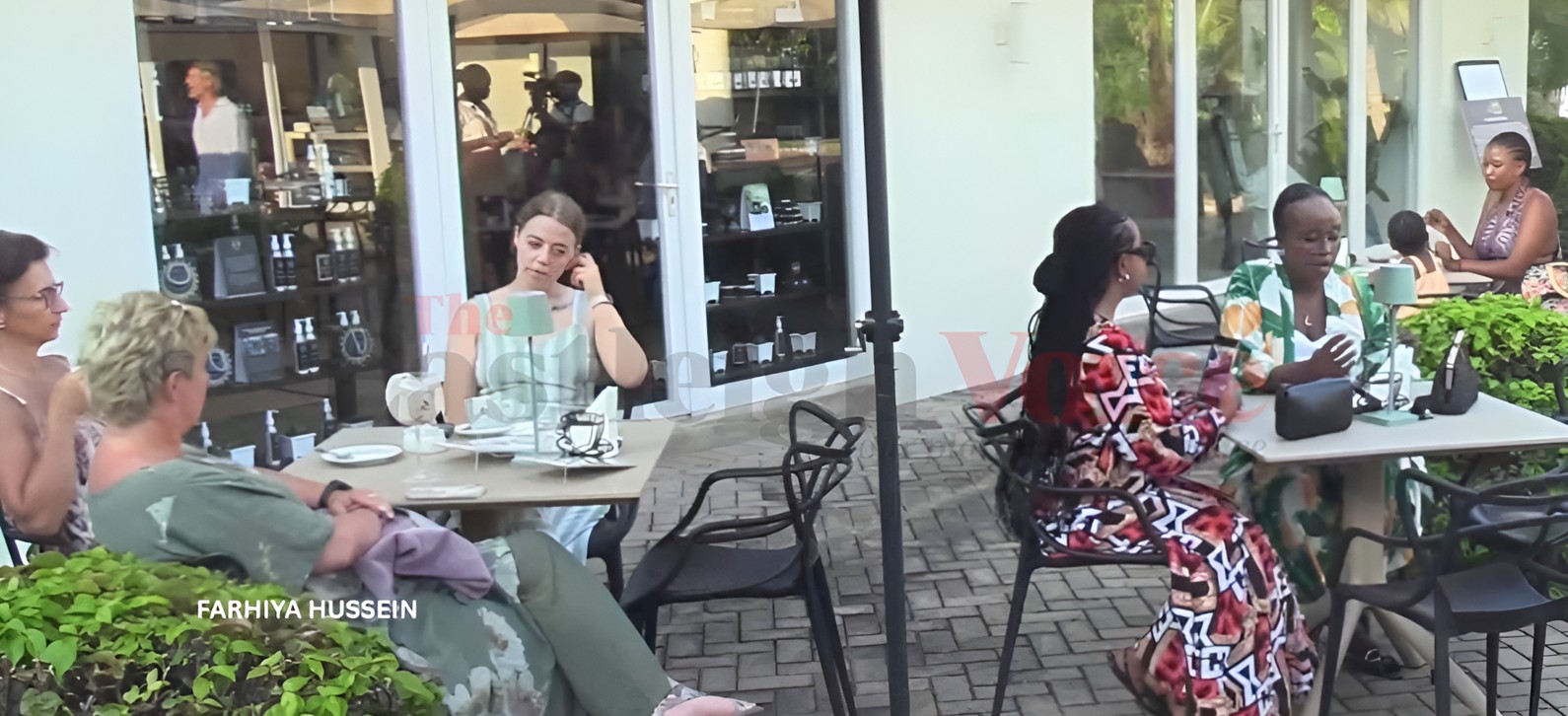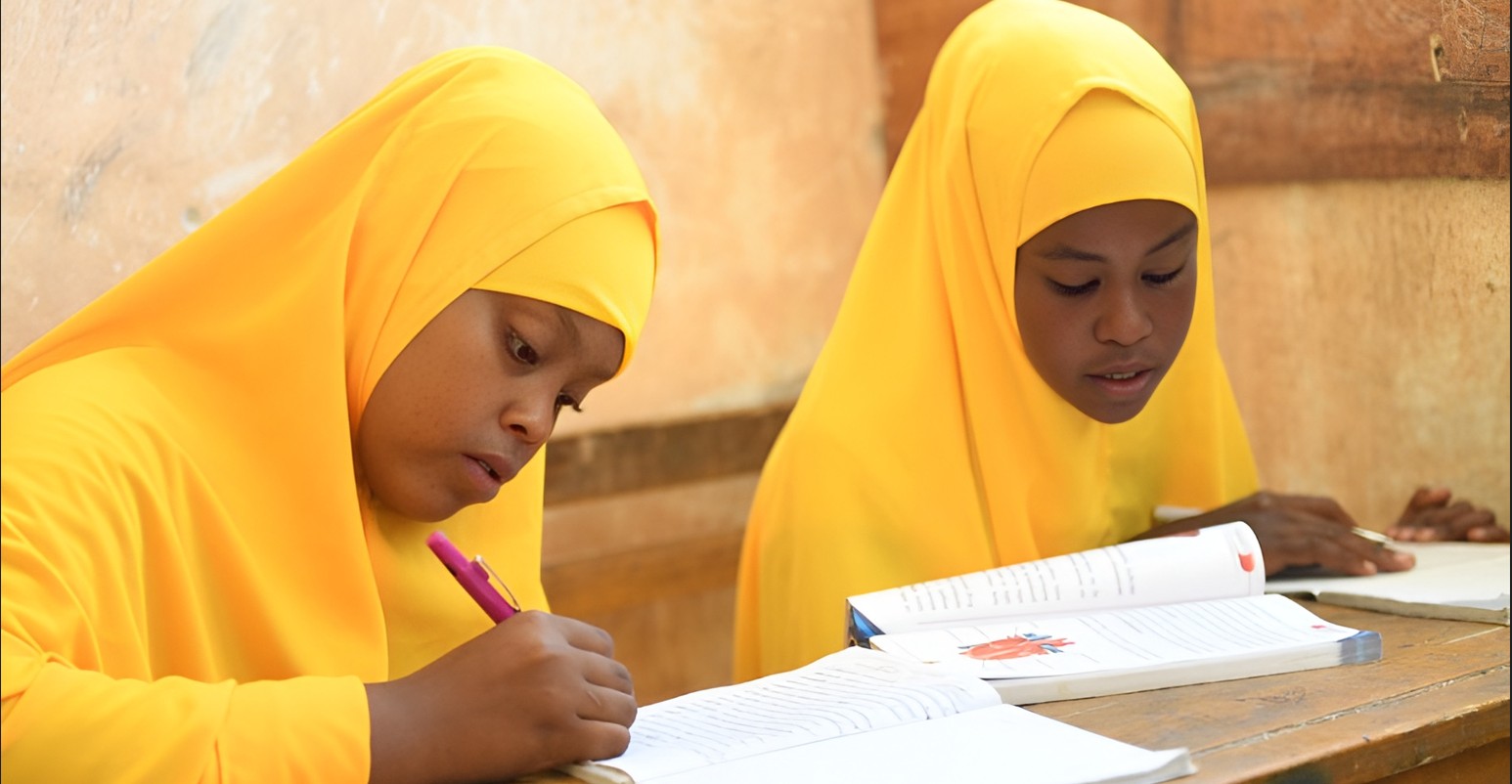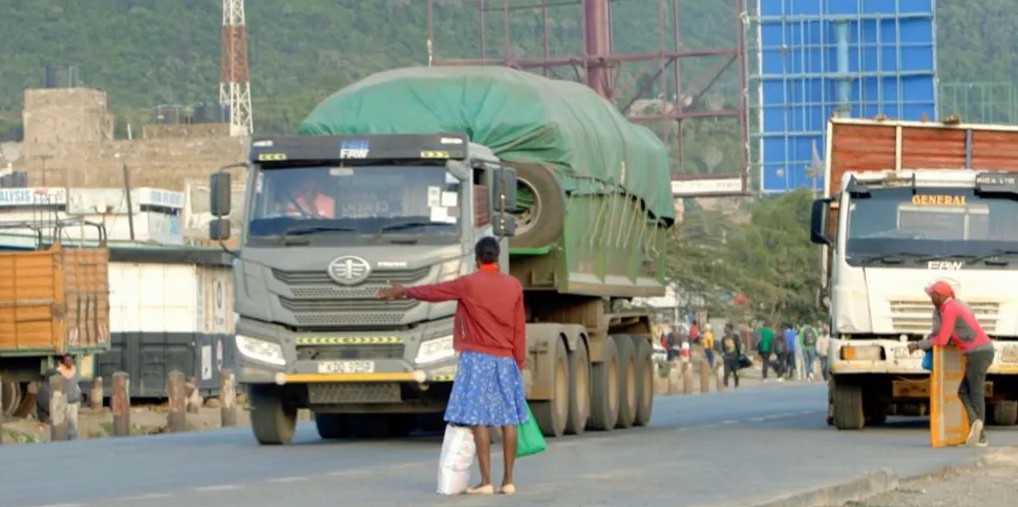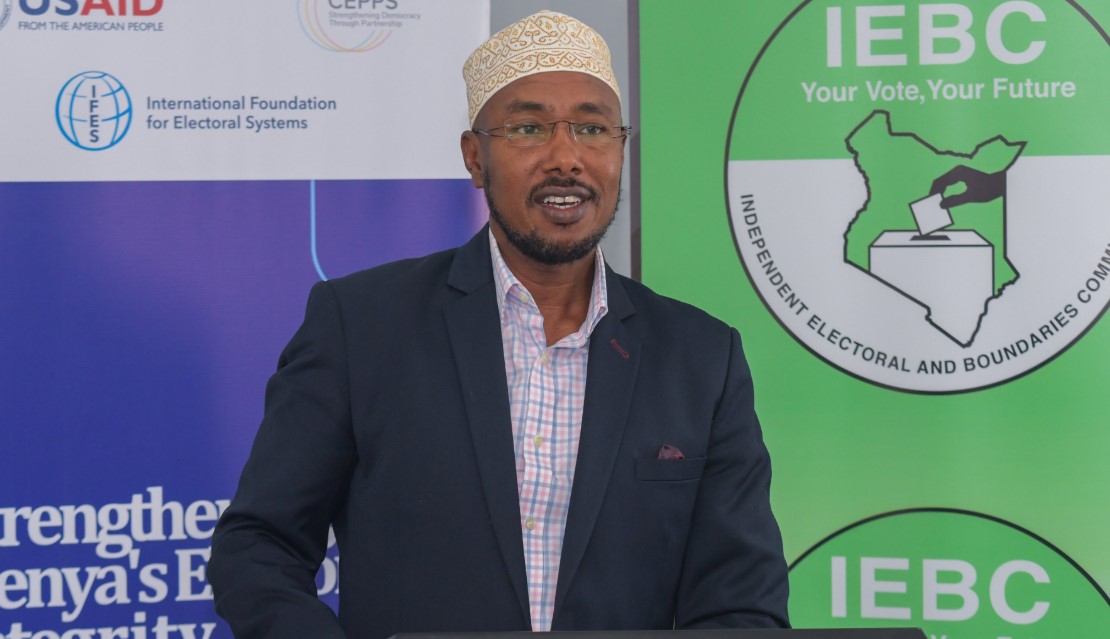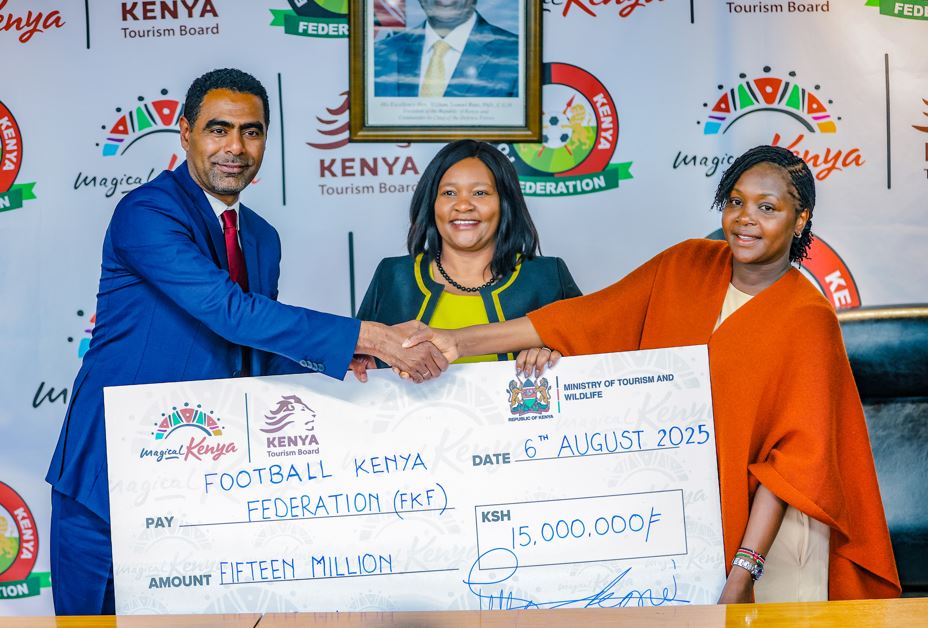IMF, World Bank hold first meetings in Africa in 50 years

The IMF and World Bank last held their meetings in Africa in 1973, when Kenya hosted the event and some nations were still under colonial rule.
By AFP
The IMF and World Bank gather in Morocco Monday for their first annual meetings on African
More To Read
- Tickets for Kenya's matches against Angola, Morocco sold out
- KeNHA revises Isiolo-Mandera road project, adds new features to enhance cross-border links
- IMF revises global growth outlook to 3 per cent for 2025
- At least 22 dead in Angola amid protests over fuel price hike
- Nigeria’s Super Falcons stun Morocco with dramatic comeback to clinch 10th WAFCON title
- World Bank: Mobile money fuels 114 per cent surge in financial inclusion in Kenya
soil in 50 years, under pressure to reform to better aid poor nations blighted by debt and
climate change.
The International Monetary Fund and World Bank traditionally hold their annual gathering of
finance ministers and central bank governors outside their Washington headquarters every
three years.
The southern Moroccan city of Marrakesh was supposed to host it in 2021, but the gathering
was postponed twice because of the Covid pandemic.
A powerful earthquake that killed nearly 3,000 people in the region south of Marrakesh last
month threatened to derail the event again, but the government decided it could go ahead.
The IMF and World Bank last held their meetings in Africa in 1973, when Kenya hosted the
event and some nations were still under colonial rule.
Half a century later, the continent faces an array of challenges ranging from conflict to a
series of military coups to unrelenting poverty to natural disasters.
"A prosperous world economy in the 21st century requires a prosperous Africa," IMF
Managing Director Kristalina Georgieva said in a speech in Abidjan last week.
- Lending boost -
In a symbolic move, the IMF and World Bank are poised to give Africa a third seat on their
executive boards, which Georgieva said would give the continent a "stronger voice".
But the thorniest issues revolve around money.
The main contributors are not in favour of a capital increase as it would force them to put up
more funds and would give greater influence to emerging powers such as China and India.
The World Bank, however, is expected to confirm plans to boost lending by $50 billion over
the next decade through balance sheet changes.
World Bank President Ajay Banga wants to go even further and raise capacity by $100 billion
or as much as $125 billion through contributions from advanced economies.
But the issue is unlikely to be finalised in Marrakesh.
The global lenders may use the meetings to reform their quota systems.
The quotas, which are based on a country's economic performance, determine how much
funding they should provide to the IMF, their voting power and the maximum amount of
loans they can obtain.
- 'Same old failed message' -
Activists plan to hold a march in Marrakesh to urge the Washington-based institutions to take
bold steps against climate change and debt.
NGOs say the austerity-driven solutions offered by the IMF and World Bank are only widening
the gap between the rich and the poor in the developing world.
Campaigners say global lenders should focus instead on cancelling the debts of the poorest
nations and imposing taxes on the rich.
Oxfam said 57 per cent of the world's poorest countries have to cut public spending by a total
of $229 billion over the next five years.
"The World Bank and IMF are returning to Africa for the first time in decades with the same
old failed message," said Oxfam International executive director Amitabh Behar.
"The IMF is forcing poorer countries into a starvation diet of spending cuts, driving up
inequality and suffering," Behar said.
Top Stories Today
- Government enforces 6am–6pm school bus rule at national music festivals
- DCI launches child trafficking crackdown in Maai Mahiu after BBC exposé
- Kenya communities speak out as Verra faces pressure to fix carbon credit flaws
- Schools forced to fundraise after state fails to release festival funds
- Malindi embraces inclusive tourism as investors aim to benefit entire community
- Somalia’s education crisis: Why most children are out of school, and how to change that

